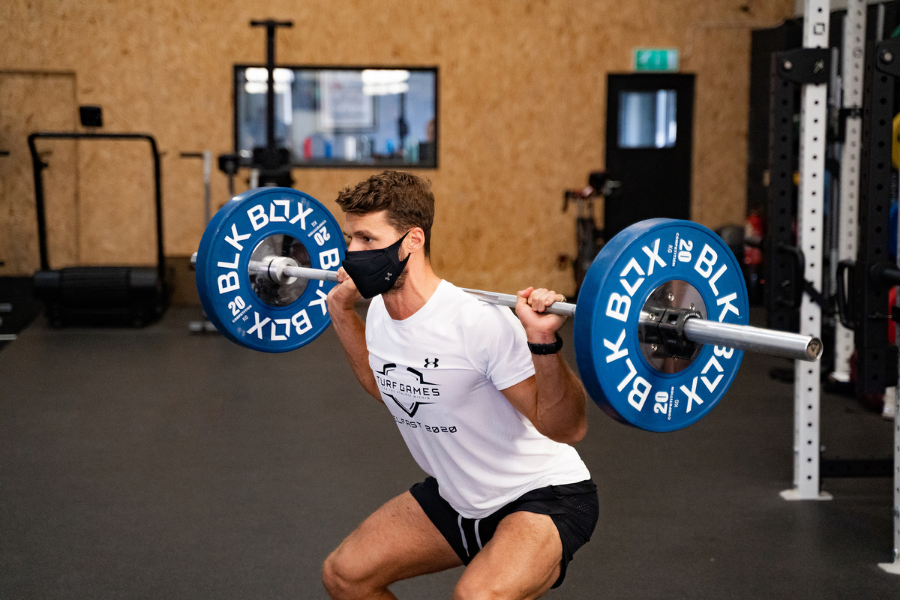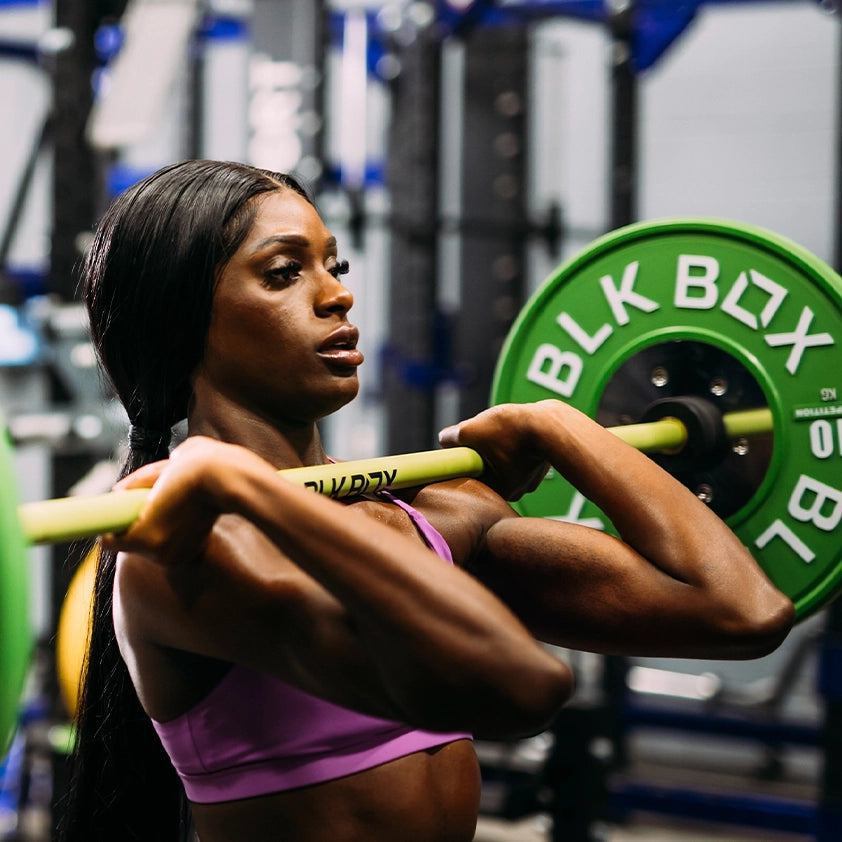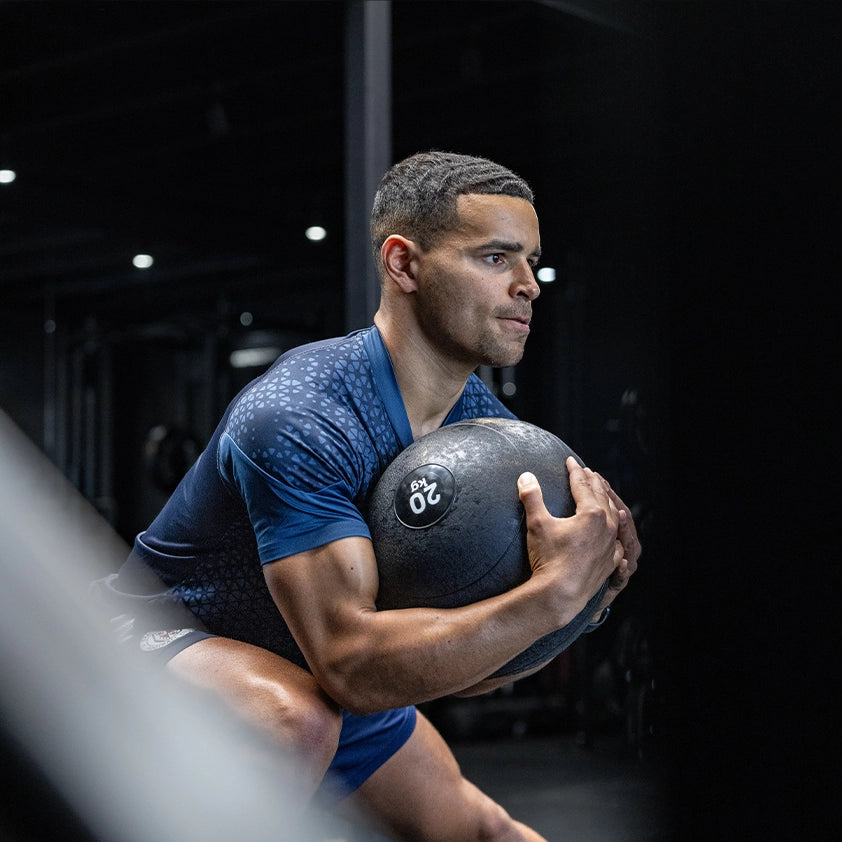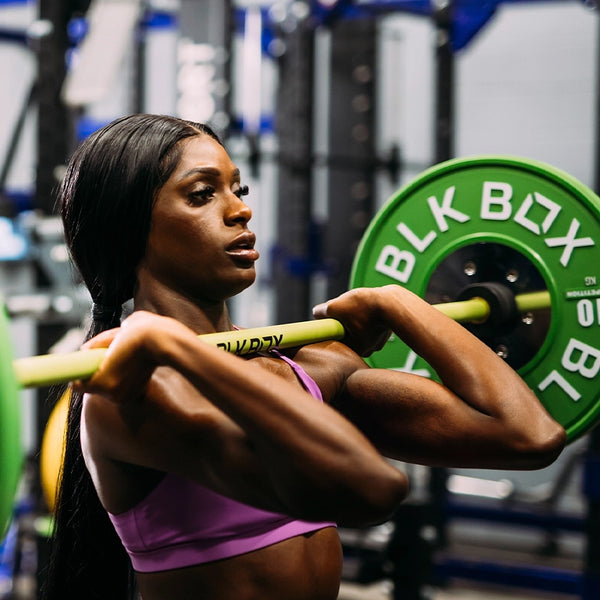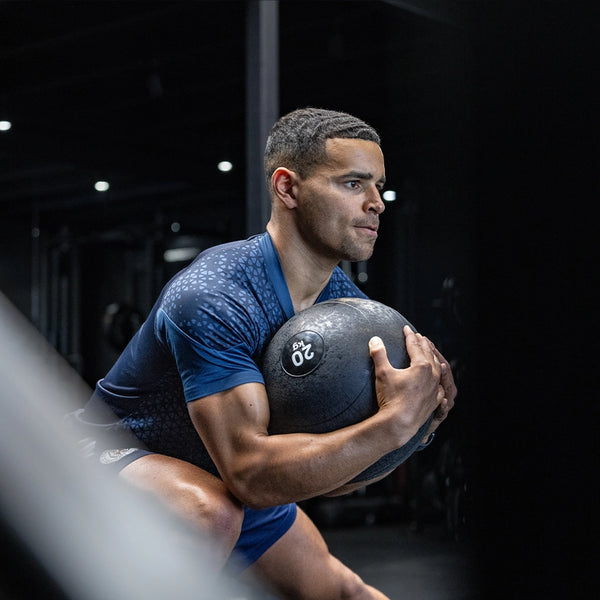How To Ensure A Good Night's Sleep
6 Top Tips To Improve Your Sleep
Passive rest, in the form of sleep is arguably the most important component of the recovery protocol. The amount and quality of sleep plays a pivotal role in providing energy to both the brain, and body. A good night’s sleep provides invaluable time for the body to adjust to the physical, neurological and emotional stressors that they may experience throughout the day.
Research suggests that sleep deprivation increases levels of the stress hormone, cortisol. Cortisol is one the biggest contributors to impaired sleep, amongst a whole host of other physiological impacts. Sleep deprivation has also been seen to decrease metabolism of glycogen (carbohydrates) that are stored for energy use during physical activity which can lead to reduced performance. Therefore, it’ll come as no surprise that, less sleep can increase the possibility of fatigue. Symptoms of fatigue are extensive and range from, low energy levels and poor concentration to poor diet and disrupted sleeping patterns. All of which can have a significant influence on training execution, performance at work and social situations. Managing these symptoms that are indicative of excessive stress and fatigue are crucial to any recovery strategy.
The amount of sleep needed can vary from person to person, based on lifestyle, training schedule, genetic makeup etc. According to the National Sleep Foundation, research shows that most adults need 7 to 9 hours of sleep each night. Athletes and those with a rigorous training schedule may well require more. It’s not all about the quantity though, the actually quality of the sleep is almost more important. The key determinants of quality sleep are included in a report published in Sleep Health. They include:
- Sleeping more time while in bed (at least 85 percent of the total time).
- Falling asleep in 30 minutes or less.
- Waking up no more than once per night.
- Being awake for 20 minutes or less after initially falling asleep.
Improved quality of sleep will increase the likelihood of getting the required number of sleep cycles (4 to 5) which is deemed as being an efficient night’s sleep. So how does one improve our quality of sleep? That is the million dollar question. Below are a few tips to help keep your circadian rhythm (internal body clock) to help ensure a good night’s sleep.
- Routine check - going to bed and waking at roughly the same time. Taking the pre bed ritual further than the customary teeth brushing with the addition of some reflection, disconnecting from work (phone off, lappy away), light reading, meditation and breathing techniques have been proven to help the body unwind and induce a state of deep consciousness.
- Timing is of the essence - the old saying, “every hour of sleep before midnight is equal to two hours of sleep after midnight” is more of a myth than anything but has relevance. The first third of your sleep is the most restorative (non REM) and when you go to bed late, your body will prioritise and shift from non REM to REM sleep, therefore, there will be a reduction in restorative sleep. Try and get to bed before midnight – that way, you’ll stand the best chance of getting the right amount of restorative sleep and required number of sleep cycles.
- Room temperature - when our bodies struggle to reach the optimal body temperature (18-22 degrees) for sleep, it can lead to restlessness and difficulty falling asleep. Temperature settings higher or lower than optimal can have an effect on REM sleep (rapid eye movement) - when the brain is at its most active and an important part of the sleep cycle. Regulate room temperature depending on the season and create that optimal environment for sleep. If you’re still struggling, speak to Sean Paul, apparently he once had the "the right temperature."
- Darkness my old friend – light has a profound effect on our sleep with daylight being the most powerful cue that effects our circadian rhythms. Giving yourself exposure to daylight in the morning, and the early part of the day is one way to improve your alertness and energy during the day, and may help you to fall asleep at night. When it comes to turning in, make the room as dark as possible so nothing prevents your body from engaging in its natural progression towards sleep.
- Noise - studies have shown that “sleep stealing sounds” such as home appliances, televisions, pets, other people etc, although they may not wake you up fully, may still have an effect on a sleep cycle. Some of these are hard to control, especially when we all live in such close proximity to one another. However, there are some that we have full control of – turn all appliances off, standby won’t cut it.
- Blue light, not the red light - blue wavelengths, which are beneficial during daylight hours because they boost attention, reaction times, and mood can be the most disruptive at night. Exposure to artificial light after dark can send wake-up messages to the brain, suppressing the production of the sleep-inducing hormone melatonin, making it harder to fall asleep and stay asleep. Avoid using phones, laptops etc before sleep, and if you need to spend a penny in the middle of the night, consider keeping the light off.
There’s a whole host of other factors that can contribute to a good night’s sleep, such as; reducing caffeine consumption after 5pm (dependent on tolerance), having carbs for dinner, eating foods rich in tryptophan e.g. turkey, salmon, nut & seeds, pineapple etc, avoiding training late, not drinking too much water pre bed, less alcohol, jotting things down before bed…the list goes on. Sleep is such a complex subject, scientists believe they still don’t know all there is to it.
However, research indicates that there is a lot we can do to help improve the efficiency of our sleep. Create your own routine – the body thrives off routine and it may just be what stands between you and some good old fashioned shut-eye. Try getting to sleep before midnight (nothing happens after 10pm anyway unless you’re out) and give your body the best chance of getting those all-important sleep cycles in.
About The Author
Sam is a Strength and Conditioning Coach with experience of working in a number of different sports. Sam has been fortunate to have worked alongside some leading coaches and practitioners. Having worked within professional football, he possesses an adept understanding of coaching, and competing at elite level. He continues to work within football, and the endurance world, helping athletes prepare for distance running and triathlons.
Follow Sam on Instagram:- Sam Pepys Performance
